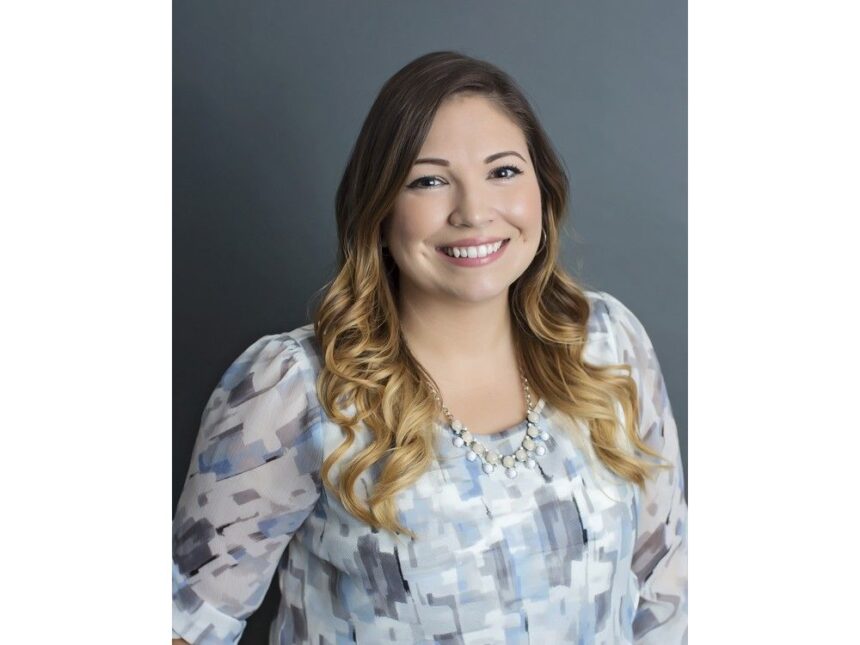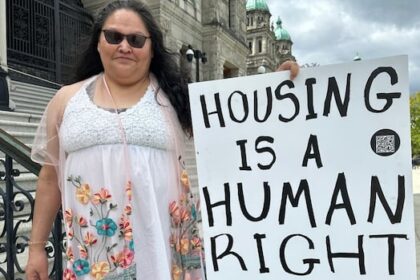Article contentLauren Holwell, the executive director of Credit Counselling Services of Newfoundland and Labrador, said strategic planning is not going to happen by accident.Article content“We need to plan and make intentional choices and think about things and really decide where we want our monies to go and not to go,” Holwell said.Article content Lauren Holwell, the executive director of Credit Counselling Services of Newfoundland and Labrador, says strategic planning is not going to happen by accident. “We need to plan and make intentional choices and think about things and really decide where we want our monies to go and not to go,” Holwell said. ContributedArticle contentHolwell insists strategic spending is worth the effort.Article content“The little things truly do add up. It might take time and consistency,” she said.Article content Many Atlantic Canadians have turned to the pros to find ways to spend strategically and improve their savings. UnsplashArticle contentWhat habits should you adopt to be more frugal?Article contentClients of SolveYourDebts.com are taught 10 financial habits of frugal people, which pay off in the long run. They include:Article content1. Track your spendingArticle contentYou need to know where your money is going before you can come up with a plan. You may be surprised how much daily trips to Starbucks or eating lunch out every day add up to.Article content2. Develop a budgetArticle contentIt all starts there; you have to have a plan. Most people think they are doing a good job with a budget but only account for their primary expenses — things like housing, insurance, car, utilities, groceries, gas, etc. — and forget about all the discretionary items (takeout, haircuts, pet care, home repairs and subscriptions).Article contentArticle contentAccording to Susan Eisner, “If you do your budget and you’re in a deficit, then you either need to make more money or you need to cut your expenses. So, something has to give.”Article content3. Pay yourself firstArticle contentAutomate savings. Even if it’s just a small amount, have it automatically come out of your pay into a savings account, TFSA, etc. When an unexpected expense comes up, you’ll be prepared.Article content4. Look for ways to save on groceries and gasArticle contentComparison shop, look at flyers (apps like Flashfood or Flipp), meal plan, take a list to the grocery store, limit shopping to once a week, buy generic brands, don’t take your kids to the grocery store.Article content5. Purchase second-hand itemsArticle contentThere are a lot of great second-hand shops and online forums to purchase good used items, which can save a lot of money.Article content6. Decrease expenses Article contentAre there subscriptions you don’t use often that can be cancelled? Is the gym membership being used? Can you exercise outside instead? Are you eating in restaurants too often?Article contentArticle content7. Avoid impulse spendingArticle contentGive yourself 24 hours to reflect on the purchase and decide how it’s going to impact your financial well-being.Article content8. Earn extra money Article contentTake your hidden talents and turn them into a side hustle or get a part-time job.Article content9. Stop trying to keep up with the JonesesArticle contentIt can be a vicious cycle. Try to be happy and grateful for what you have. Debt-free feels a lot better than paying for all the “stuff.”Article content10. Make money a family issueArticle contentShare the family budget with your partner and kids, and review it together. When kids start asking for money and things, they are old enough to introduce basic money concepts, such as savings, needs versus wants, and bank accounts. Start talking to teens about credit cards, credit reports, fraud, scams, and the importance of saving.Article contentHow can you be more intentional in your spending?Article contentTina Vessey of York, PEI, has firsthand knowledge of the benefits of intentional spending. She shares her experience of learning to use a detailed budget to track spending and plan for future expenditures through a Facebook group called Freedom Starts With a Budget.
Ten habits that can help turn your spending around in a tough economy











